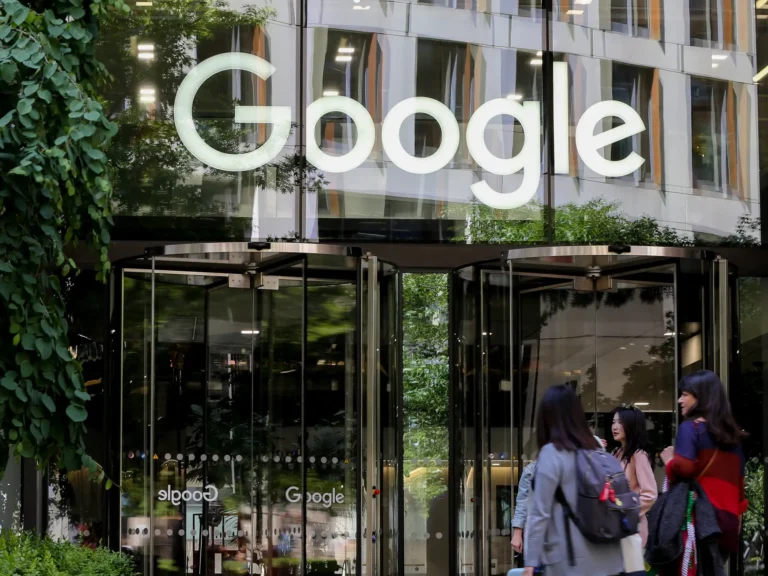AI could steal over 80 million jobs in the next 5 years, but these experts share how to adapt before it’s too late

- AI could replace millions of jobs.
- Three experts told Insider how workers could upskill to prepare for the changing workplace.
- They suggested developing people skills and learning how to write good prompts for AI.
According to the World Economic Forum, generative artificial intelligence could replace 83 million jobs in industries such as technology and education over the next five years.
A recent McKinsey report found that high earners with white-collar roles focused on decision-making and collaboration may be most at risk, but these workers may find their jobs enhanced by AI if they can learn how to use it — and double down on skills that AI cannot easily replicate.
Insider spoke with the vice president of a data and AI platform, a LinkedIn hiring expert, and an entrepreneur about three strategies for upskilling to AI-proof your career.
Develop your people skills
AI chatbots like ChatGPT attempt to mimic humans with generated text, but in a June LinkedIn survey of US executives, 92% said people skills were “more important than ever.”
LinkedIn’s chief economist, Karin Kimbrough, told Insider that such skills, such as “management, communication, customer service, leadership, and teamwork,” were more important to company leaders than AI.
She predicted that in the face of AI and remote work, these skills would remain “in demand” because they “can be gained from life experiences” and were transferable across industries.
“With a rise in remote and hybrid work, and now AI, the need for human connection and people skills have become more important than ever as companies are looking for talent that can step up and manage teams — no matter their environment,” she went on to say.
Read more: As the number of job postings mentioning ChatGPT increases, job seekers are scrambling to add new AI skills to their LinkedIn profiles.
Deepen your knowledge outside your area of expertise
AI chatbots have access to vast amounts of data, making it difficult for the human brain to compete.
In October, Junta Nakai, global vice president of Databricks, a data and AI platform, wrote for Insider that “successful careers will not be defined by a single hard skill” and that employees should focus on improving their “soft skills to adapt and reinvent themselves.”
He advised workers to broaden their knowledge beyond their area of expertise.
“Take classes that your peers aren’t taking, and read books that your competitors aren’t reading,” he said. “For a highly technical person, this could mean doing something uncomfortable like taking an online course on the history of Renaissance art.”
He went on to say that workers’ career paths would become more difficult and complicated.
“Many bumps, turns, and forks you experience while navigating your career will become ever steeper and sharper,” he wrote in an email. “Do not extrapolate from past success.” Prepare your mind to constantly see things from new angles.”
Read more: According to Databricks VP, the three skills you must have to advance your career in the age of AI.
Learn how to write good prompts for AI chatbots
Learning how to write effective prompts is critical for making the most of chatbots, which can assist with mundane tasks while freeing up time for more important ones.
Jacqueline DeStefano-Tangorra, founder of consulting firm Omni Business Intelligence Solutions, told Insider that she used ChatGPT to generate marketing materials for LinkedIn and Upwork, as well as while writing proposals, giving her more time to focus on gaining new clients.
In May, she stated that the financial impact of integrating AI would be “tremendous.” From December 2021 to March 2022, she earned approximately $71,000 in revenue. A year later, she booked contracts worth approximately $128,000, representing an 80% increase in revenue while saving time and money with ChatGPT.
She stated that becoming a “good prompter” was critical to eliciting helpful responses from the chatbots.
“If you really want to generate something that is going to be useful for you, you need to do more than just write a generic sentence,” she told me.
According to DeStefano-Tangorra, users should use “precise wording and concise language.”
More information: ChatGPT was used by a consultant to free up time so she could focus on pitching clients. In just three months, she landed new contracts worth $128,000.






